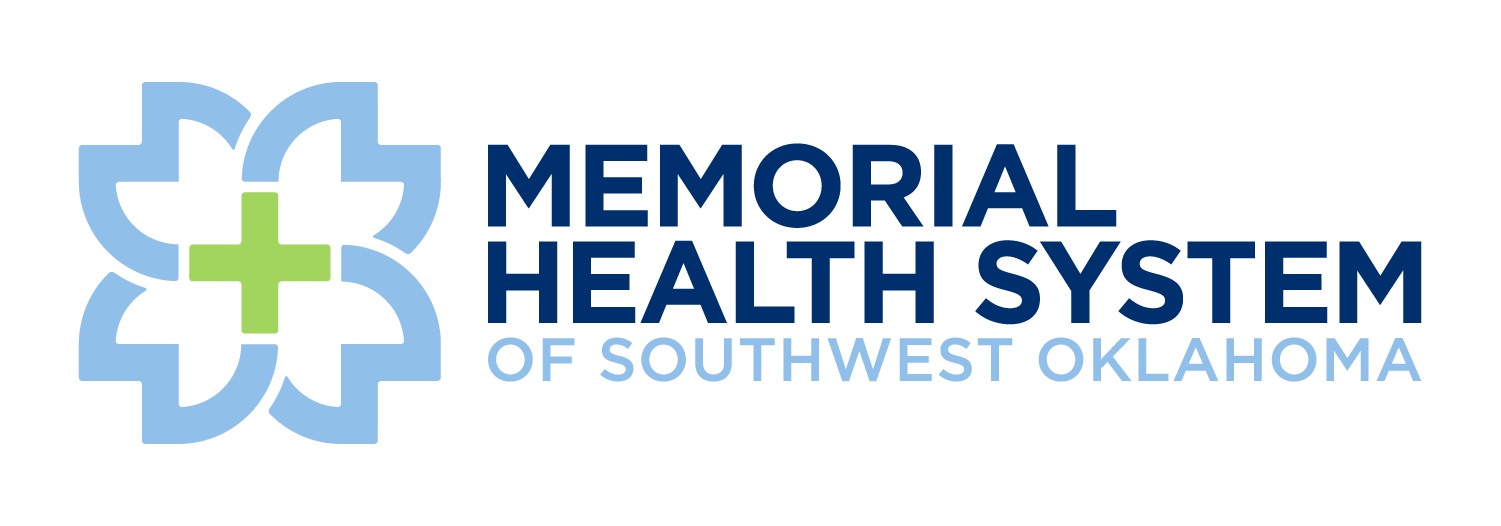When life is busy, many of us are tempted to grab an energy drink to put a little extra pep in our step. However, research continues to find concerning effects after consuming these popular beverages. Consuming multiple energy drinks in a short time or consuming energy drinks in combination with other caffeinated or alcoholic beverages, can be especially harmful.
Some lawmakers are even attempting to ban the sale of energy drinks to those under the age of 18. These legislative efforts occurred following tragic events such as the death of a sixteen-year- old boy from South Carolina. Davis Cripe suffered a cardiac episode that led to his death after consuming an energy drink, coffee and Mountain Dew in less than an hour. 1
What are the harmful ingredients in energy drinks?
The main ingredients of most energy drinks are caffeine and sugar. However, many experts believe it isn’t necessarily the caffeine in energy drinks that is harmful. After all, most healthy individuals who do not typically experience adverse effects from caffeine can safely consume 4-5 cups of coffee per day without problem.
The problem lies in the amount of sugar and caffeine. Many energy drinks have as much caffeine as 3-4 cups of coffee and more than the recommended amount of sugar you should consume in one day.
There are additional herbal stimulants found in energy drinks that are not regulated by the FDA. These ingredients in combination with high sugar and caffeine content may be the cause of serious or fatal problems for some consumers. 2
What happens after drinking an energy drink?
Twenty minutes after ingesting an energy drink, you experience a sugar high. This blood sugar spike results in a quick release of the hormone insulin.
Forty minutes later, all the caffeine is absorbed. As a result, blood pressure rises, the liver dumps even more sugar into the bloodstream and pupils dilate.
Forty five minutes later, dopamine production occurs in the body. This hormone gives you a sensation of pleasure. This reaction is similar to how the body responds to heroin.
After 60 minutes, a sugar crash occurs. The caffeine slowly wears off and you can experience mood changes, lethargy, fatigue and mental fogginess.
Why are energy drinks viewed as so unsafe?
It is difficult to predict how energy drinks will affect different individuals, especially with underlying heart issues or in combination with other substances containing alcohol or caffeine.
Oftentimes, individuals do not know they have a cardiac problem until something fatal occurs. For this reason, it is better to be safe than sorry when choosing how to get some extra pep to get through the day.
Despite what we do not know with certainty, the American Academy of Pediatrics has a very clear opinion of energy drink usage in children and teens. Given the observed side effects, including irregular heartbeats and blood pressure changes, the AAP recommends that children and teens should not consume energy drinks at all. 3
How to pep up without excessive caffeine
You can successfully and healthily boost energy levels in many ways that are safer than consuming copious amounts of stimulants.
Exercise regularly and participate in activities to reduce stress.
Be mindful of your diet. Reduce sugar and increase your intake of omega-3 fatty acids found in plants, seeds, fish and nuts.
Rest! Be sure to get 7-8 hours of quality rest each night.
Through safely managing your diet and routine, it is possible to achieve greater energy levels that do not involve risky habits.
Sources
1 KUTV. Gould, Cynthia. 16 Apr. 2018. 16-year-old’s death linked to energy drink, caffeine products.
2 Cleveland Heart Lab.13 Dec. 2018. Can Energy Drinks Harm Your Heart?
3 American Academy of Pediatrics. Energy Drinks.
Disclaimer
The Comanche County Memorial Hospital website does not provide specific medical advice for individual cases. Comanche County Memorial Hospital does not endorse any medical or professional services obtained through information provided on this site, articles on the site or any links on this site.
Use of the information obtained by the Comanche County Memorial Hospital website does not replace medical advice given by a qualified medical provider to meet the medical needs of our readers or others.
While content is frequently updated, medical information changes quickly. Information may be out of date, and/or contain inaccuracies or typographical errors. For questions or concerns, please contact us at contact@ccmhhealth.com.

